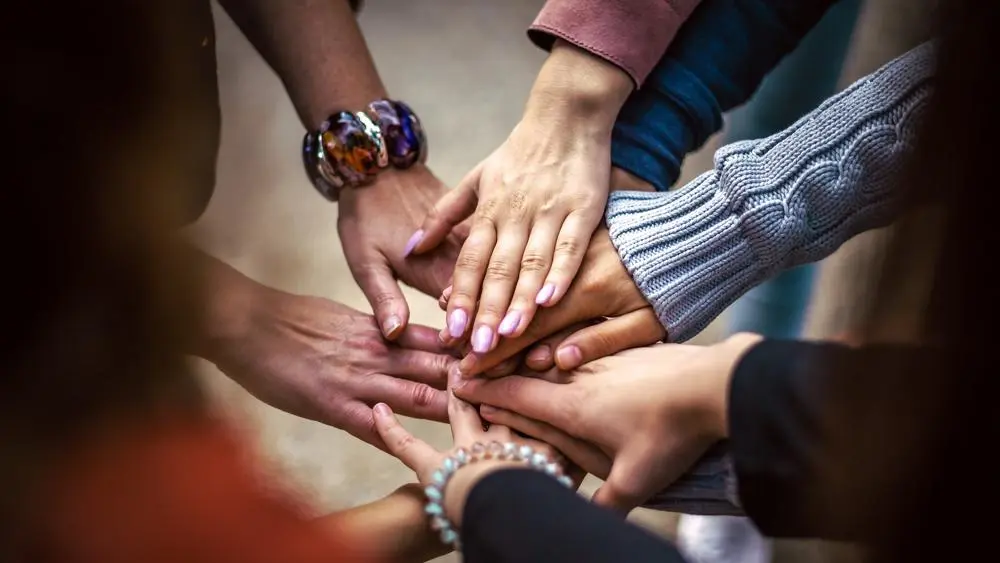
The psychology behind smash-hit reality show, The Traitors
Southampton Solent University's latest academic insight sees Lecturer in Psychology, Dr Shakiba Moghadam talk The Traitors.
23 January 2026
16 October 2025 • by Solent press team
A pioneering tool that could help transform how public services and communities work together to protect young people from exploitation and exposure to violence or abuse is revealed as part of a new report published today (Thursday 16 October 2025).
Collaborating with communities and organisations from Telford, researchers - led by Professor Elaine Arnull from Southampton Solent University - have published The Crossing Boundaries: Co-Creating a Model of Information Sharing to Support Vulnerable Young People report. The report includes a tool and suggested processes that could help identify and support young people at risk of exploitation.
Funded by The Nuffield Foundation, the research project’s aim is to tackle some of the challenges identified by the Commission on Young Lives (2022), Independent Review into Children's Social Care (May 2022) and the Independent Inquiry into CSE (IITCSE) in Telford and Wrekin. They all found gaps in the justice, social care, public health, and education systems - where professionals were aware of young people being exploited but did not effectively use the information to support or protect them.
The new Mutual Information Sharing Tool (MIST), developed through consultation with community members and community professionals is the main product of this research. MIST is a potentially powerful tool focused on information sharing that can facilitate better working with young people at risk of exploitation.
For the first stage, researchers - including Professor Karen Heimer from the University of Iowa – collaborated with organisations to discuss how information was currently shared.
In the second stage a prototype information sharing tool was developed and this diagram was used to guide discussions to understand if it could work for information sharing around child exploitation.
Insights and thoughts about the tool and findings were then collected from community participants - including survivors, professionals, practitioners, policymakers, a group of young people and other community members.
The results found that MIST could be used by young people and those with lived experience, as well as by professionals, and that it could be used to map information sharing and provide a guide for reflection and dialogue between professionals. In addition, it was found that MIST helped victims/survivors communicate how exploitation is impacting their lives.
“Thanks to the professionals, community members and people with lived experience who gave time and thoughts about how information might be better shared to support vulnerable young people, this project has generated insights and proposals on how local and national organisations - charities, social enterprise and voluntary groups - and the community can come together to address child exploitation and exposure to violence,” says Professor Elaine Arnull.
“Research suggests that the use of this tool and its processes go beyond other tools and methods in both collecting and understanding information flows around the exploitation of young people. The next steps would be to implement and evaluate the tool’s usability and impact,” she continues.
The final report can be found here.
About Nuffield Foundation
The Nuffield Foundation is an independent charitable trust with a mission to advance social well-being. It funds and undertakes rigorous research, encourages innovation and supports the use of sound evidence to inform social and economic policy, and improve people’s lives. The Nuffield Foundation is the founder and co-funder of the Nuffield Council on Bioethics, the Ada Lovelace Institute and the Nuffield Family Justice Observatory. This project has been funded by the Nuffield Foundation, but the views expressed are those of the authors and not necessarily the Foundation. Find out more at: www.nuffieldfoundation.org. Bluesky: @nuffieldfoundation.org, LinkedIn: Nuffield Foundation
